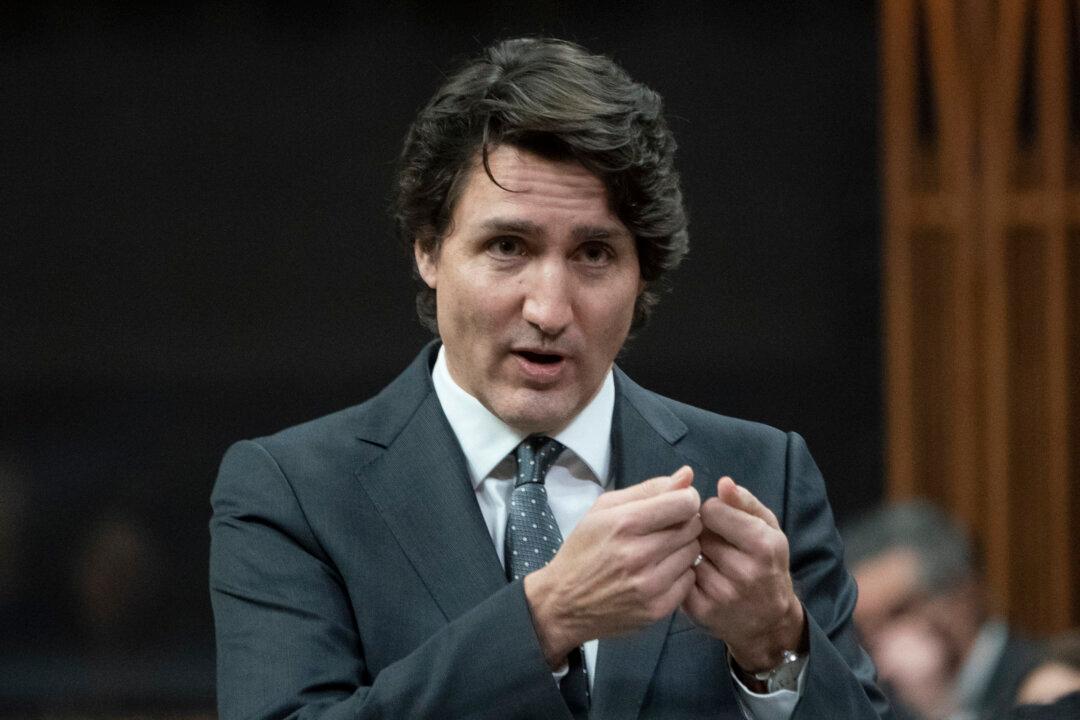News Analysis
Prime Minister Justin Trudeau announced on Friday he will be travelling to Europe next week to discuss Russia’s attack on Ukraine, as well as other topics such as climate change and “inclusive growth.”

Prime Minister Justin Trudeau announced on Friday he will be travelling to Europe next week to discuss Russia’s attack on Ukraine, as well as other topics such as climate change and “inclusive growth.”